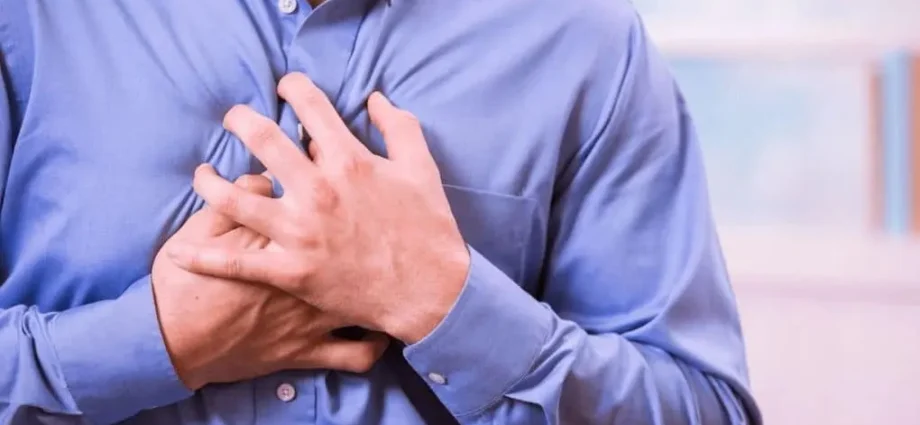Contents
The cardiovascular system is one of the most important components of the body. As long as we seem healthy to ourselves, it seems to us that we can ignore “minor troubles”.
But even the most healthy-looking person can fall ill quite unexpectedly. If this is not the first time something of the following has happened to you, be sure to make an appointment with a cardiologist!
10 Feeling of interruption in the work of the heart

The most obvious sign that a person notices immediately. It can manifest itself in the sensations “the heart either beats like a locomotive, then freezes”, “the heart is not felt”.
Not always such sensations are caused precisely by cardiovascular diseases. Osteochondrosis, disorders in the endocrine system have similar symptoms. Much worse if interruptions signal the approach of a myocardial infarction or coronary heart disease.
9. Fast or slow pulse
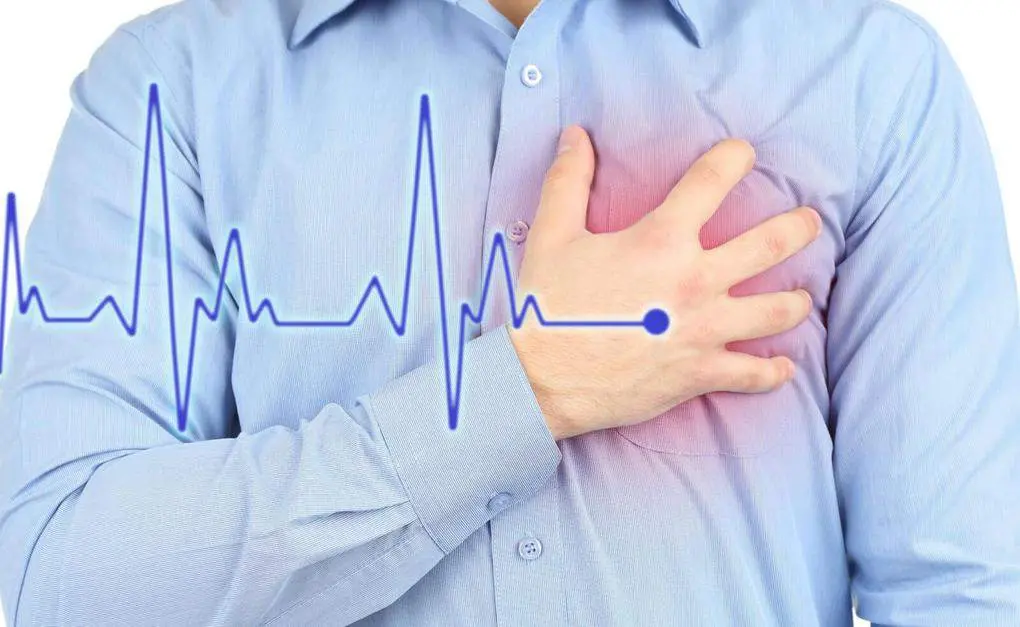
If your heart seems unstable, be sure to check your blood pressure. Modern electronic blood pressure monitors will also show the heart rate “pulse rate”.
If the pulse is less than 55 beats per minute or more than 100, this is an obvious sign of disorder in the work of the heart. If the device shows less than 40 or more than 120 beats per minute, you should immediately call an emergency team!
8. High blood pressure
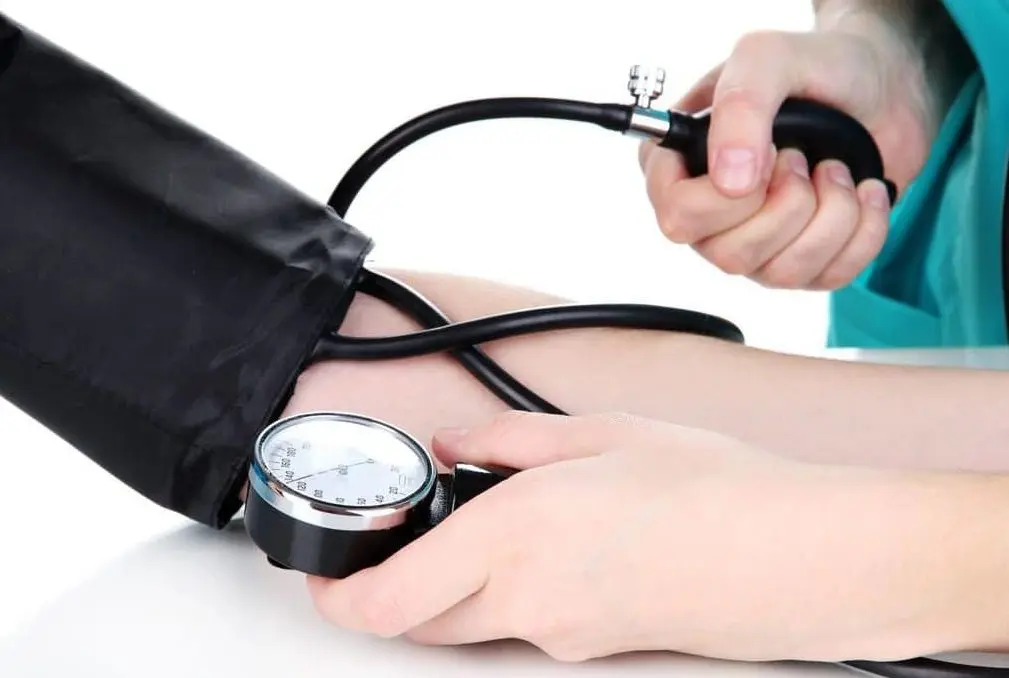
Using a heart rate monitor, you will also receive information about your blood pressure. The standard of health is the ratio of “120/80” millimeters of mercury.
Too high blood pressure (more than 140/90) can cause a hypertensive crisis and even a cerebral stroke. It may very well be that the patient may not even have time to call for help, therefore, with increased pressure, it is better not to hesitate.
7. Low pressure
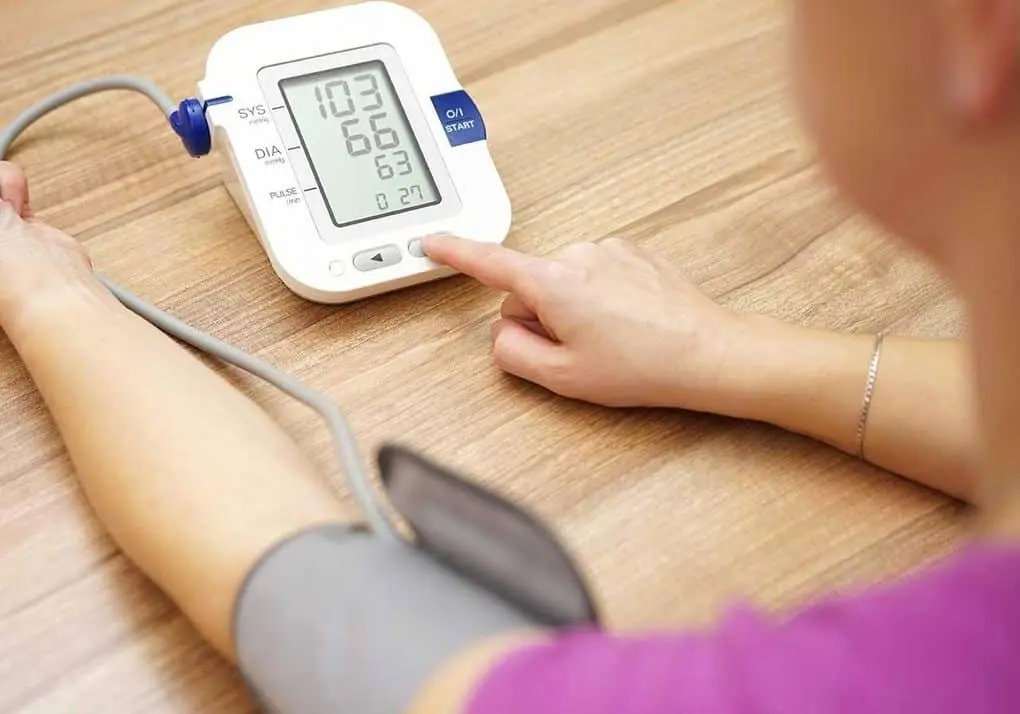
If the tonometer showed pressure below “90/60”, this is a very alarming sign. Low blood pressure leads to insufficient supply of oxygen to the brain.
Low blood pressure can be caused by various reasons. But it is especially characteristic of cardiovascular diseases. And the lack of oxygen is fraught not only with fainting, but also with death.
Feel free to consult with doctors. Call an ambulance if necessary.
6. Chest pain
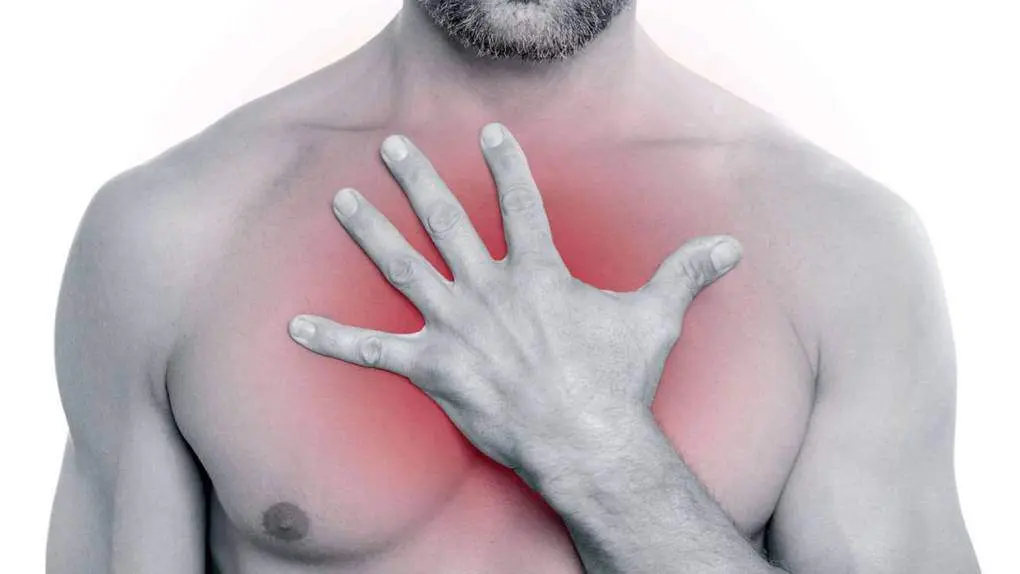
Chest pain can be caused by a variety of health conditions. There are some signs that distinguish pain caused specifically by heart disease:
- pain is felt in the center of the chest or slightly to the left of the sternum;
- pain radiates to the jaw, neck, left arm, or back;
- chest pain arose immediately after hard work.
Start by taking nitroglycerin. Keep in mind that validol and its analogues will not help in this case. A nitroglycerin capsule placed under the tongue should work within a few minutes.
If even after ten minutes the pain has not decreased and continues to be compressive or cutting, call an ambulance immediately.
5. Swelling of the leg
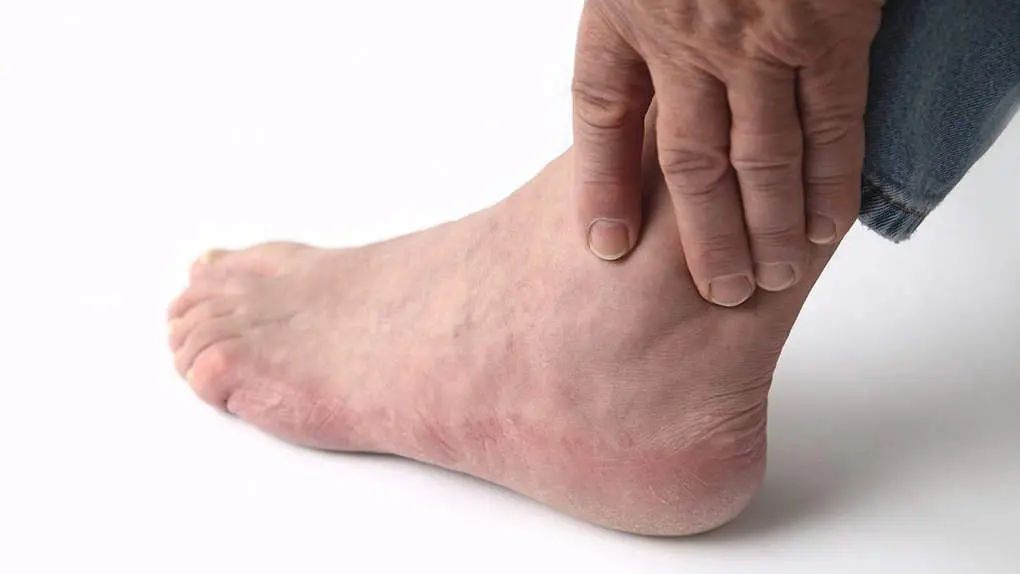
Toward evening, it may be observed that the legs are “tired” and “heavier”. It becomes more difficult to walk, the legs visibly swell (swell). Usually this comes with age, and can talk about a variety of types of health problems. Varicose veins, overweight, endocrine disorders – all this can manifest itself in the form of leg edema.
But much more often, such a disorder is a sign of disorders in the work of the cardiovascular system. The combination of leg edema with high blood pressure should be especially alarming. And if one of your relatives suffered from cardiovascular diseases, leg swelling is a good reason to visit a doctor.
4. Shortness of breath and asthma attacks
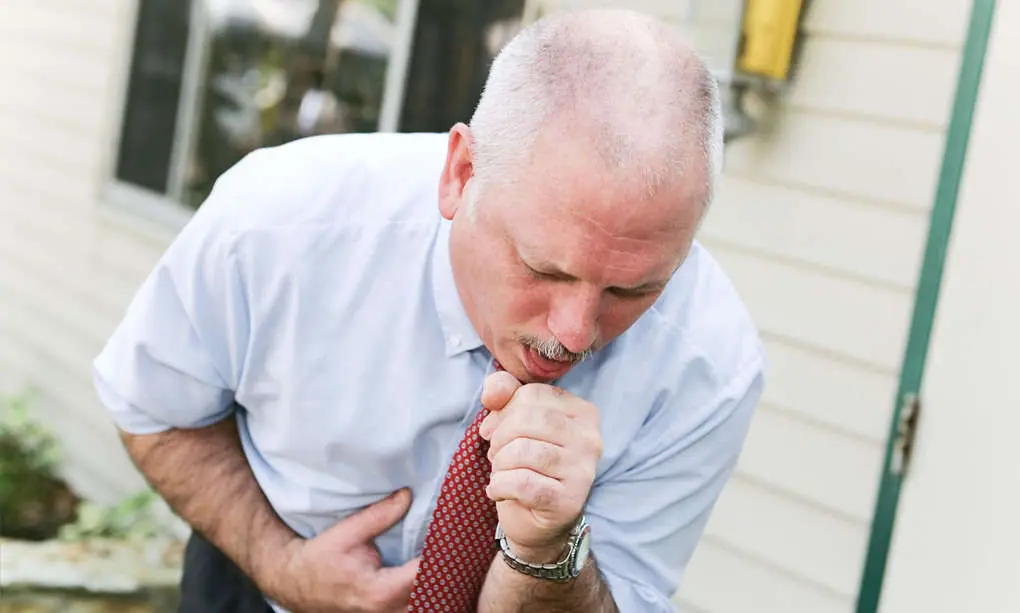
At night, you can suddenly wake up from a disturbing sensation – as if there is not enough air, breathing is frequent and greedy, as during hard work. This may indicate a violation of the work of the heart. Try not to get up abruptly and try to measure your blood pressure and pulse.
It is always very useful to keep a tonometer at hand, and it is better to have an automatic one, which does not require intensive work with a “pear”, but pumps air into the cuff with a motor.
3. Loss of consciousness and fainting

Sudden and severe weakness; dizziness, “darkness in the eyes.” With reduced pressure, it may not “darken in the eyes”, but, on the contrary, “fall asleep with stars” and tingling in the fingers can be felt.
This can be caused by diabetes. But these are also characteristic signs of problems in the work of the cardiovascular system. Sit down, calm down, take a breather. If possible, try to measure the pressure.
2. Change of complexion

Particularly disturbing symptoms of pre-syncope are discoloration of the face, nose and lips. A pale face and a dark, “cyanotic” color of the lips indicate an acute shortage of oxygen in the blood. In view of the characteristic signs of poisoning with similar poisons, it has the characteristic name “cyanosis”.
They can be caused not only by poisoning, but also by problems with the lungs or heart. Frequent manifestation of pallor or “cyanosis” usually indicates a heart defect.
The first step is to measure blood pressure. If possible, it is desirable to provide the patient with fresh, clean air – at least to plant near the window. Calling an ambulance will also be very helpful. Doctors will not only measure the pressure, but also determine the content of sugar and oxygen in the blood.
1. Hereditary factor
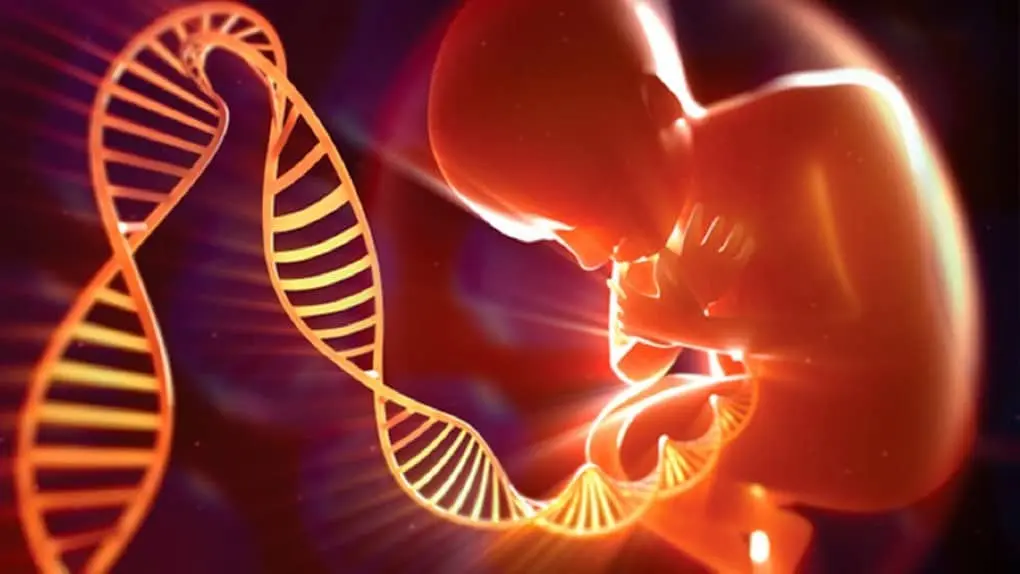
Like other diseases, cardiovascular problems are often inherited. It is especially unpleasant to feel this fact for a healthy, strong person “in the prime of life.”
If there is any suspicion of heart problems, the cardiologist will definitely ask the patient if any of the relatives had similar problems. This is not idle curiosity, but absolutely necessary for the correct diagnosis.










